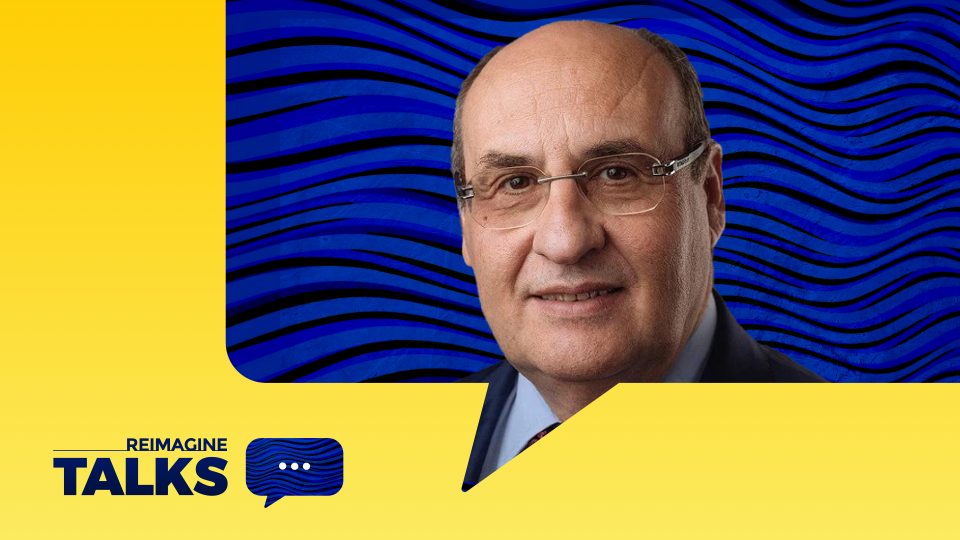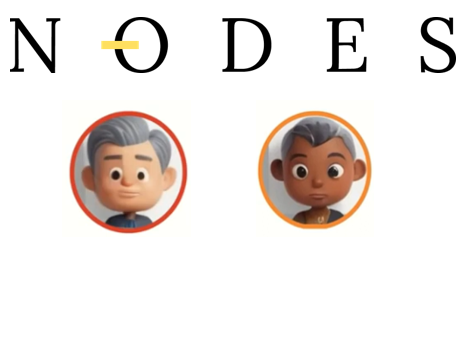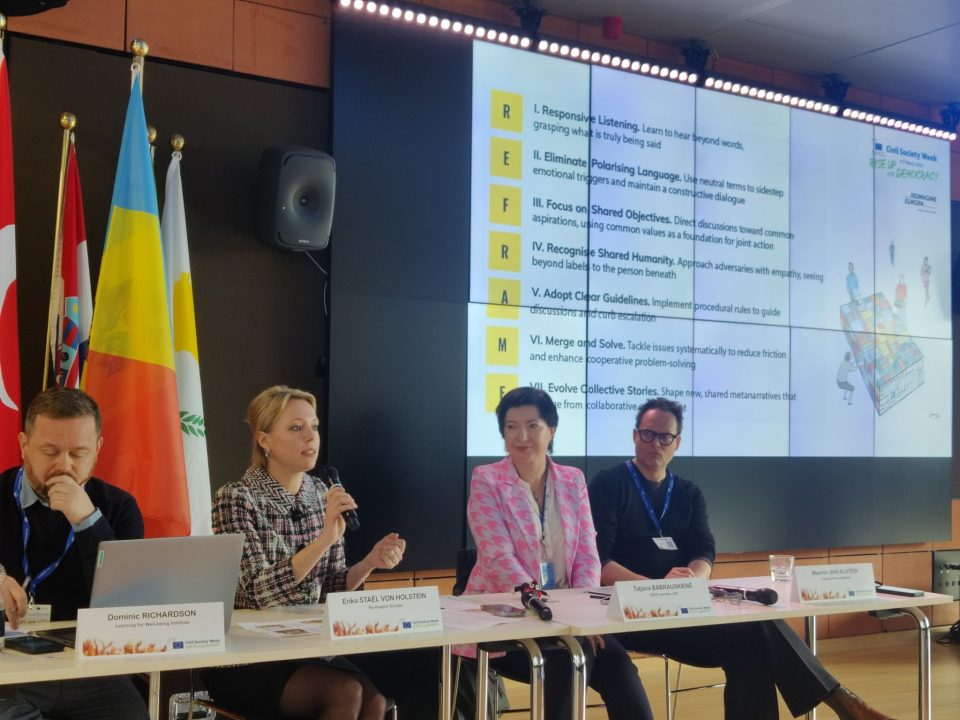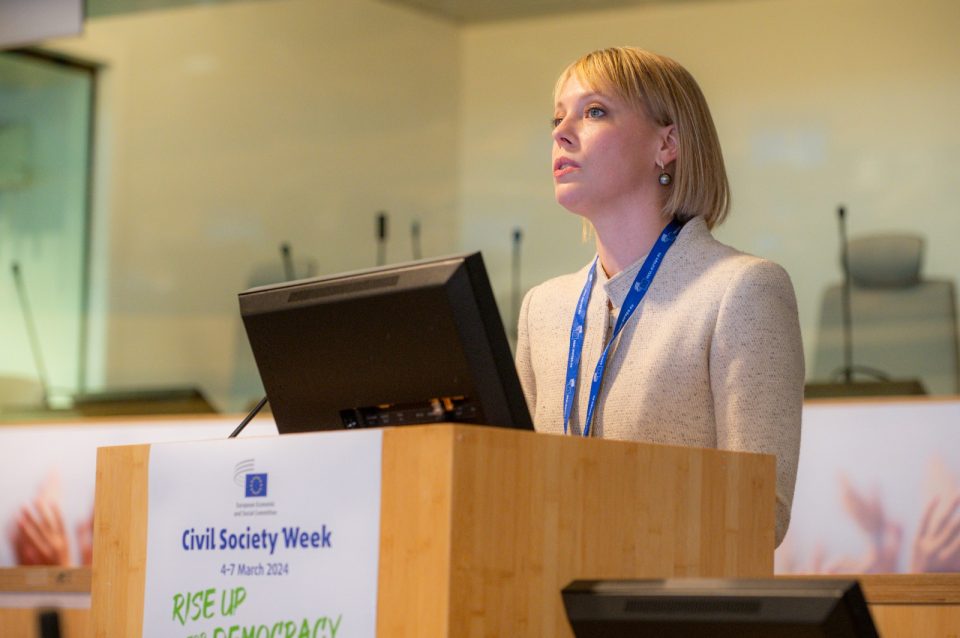Yesterday, on Europe Day (May 9th), the Conference on the Future of Europe was officially inaugurated. The hope is to stimulate Europeans from different backgrounds to share their vision and bring the European institutions closer to the citizens. Not surprisingly, controversy is not lacking. Nevertheless, this is a golden opportunity for the European institutions to show that people are sovereign and that the opinions and expectations of citizens can make a real difference.
In recent times, we have witnessed countless experts repeating that the world after the pandemic will look different and that we must abandon the old patterns and embrace change. There are few doubts that the current healthcare and socioeconomic crises have exposed several errors and oversights that our societies have been carrying around for some time. Our current institutional system was not built for the volatile and dynamic world of today, and the pandemic was just functional to reveal its unsuitability in the aftermaths of a digital revolution.
While it is easy to imagine a world ruled by ubiquitous machines and marred by the enormous debts that countries have accumulated during the recent economic crises, how our future will develop depends a lot on our ability to imagine different scenarios and to dream of alternative solutions. Are we able to imagine a world in which the use of automation is taxed instead of people’s employment? Will we dare to think of radically different models for our media landscape, education, and social security? These simple questions should be the core of the Conference on the Future of Europe.
Dag Hammarskjöld, second Secretary-General of the United Nations and the only posthumous recipient of the Nobel Peace Prize, once said: “It is when we all play safe that we create a world of utmost insecurity. It is when we all play safe that fatality will lead us to our doom. Only in the “dark shade of courage” this spell can be broken!”. We could not agree more. Valéry Giscard d’Estaing founded Re-Imagine Europa precisely with this mind and to encourage Europeans to dare to change!
Despite all the controversies, the Conference on the Future of Europe will be a wake-up call for all those who still dare to dream a different future for themselves and the next generations of Europeans. In this dramatic moment, courage and imagination are just what it takes to build a better future. Introducing innovative ideas and visions will require listening to citizens’ voices and, more importantly, showing them that EU institutions feel accountable for any decision made. The Conference on the Future of Europe can achieve its objectives only if a tangible change of attitude in communicating and presenting future goals will be included in the package.
It took a devastating pandemic for Europeans to understand that multilateral cooperation is necessary since there are challenges (such as digital market regulation, climate change or tax avoidance) that no Member State can address by itself. EU institutions ought to be faster in reacting to the growing disillusionment issue. Will they be able to blow the “bubble” away and show that the Conference is no “pie in the sky”, taking the recent words of German Chancellor Angela Merkel? The Conference for the Future of Europe should connect with those who don’t know what’s going on in Brussels and show them why they should care. In this strange era in which a worker can be fired for a single post on Facebook, better communication methods based on accountability and participation can only improve citizens’ perception of institutions.
Our democracies are suffering because they are still framed in outdated concepts like the top-down participation and communication model, which is showing its constraints in this age of crowdsourcing and social media interaction. People’s sovereignty is one of the most beautiful and valuable concepts in human history, born in Europe more than two millennia ago, long before our nations (and even our religions!) existed. However, we need to reimagine its set up to save it, adapting its outdated structure to disruptive changes brought about by the digital revolution.
The Conference on the Future of Europe will prove that we can still rely on the values that inspired generations of Europeans to struggle and cooperate for their affirmation, adjusting their frame to the different context of the 21st century. We should all take a step forward, forgetting the bitterness that divides us and looking beyond tomorrow and the next few months. Time is ripe for a substantial change of attitude that can bring the hackneyed discussion on Europe to an entirely new level: as Europeans, how do we want our future to be?




